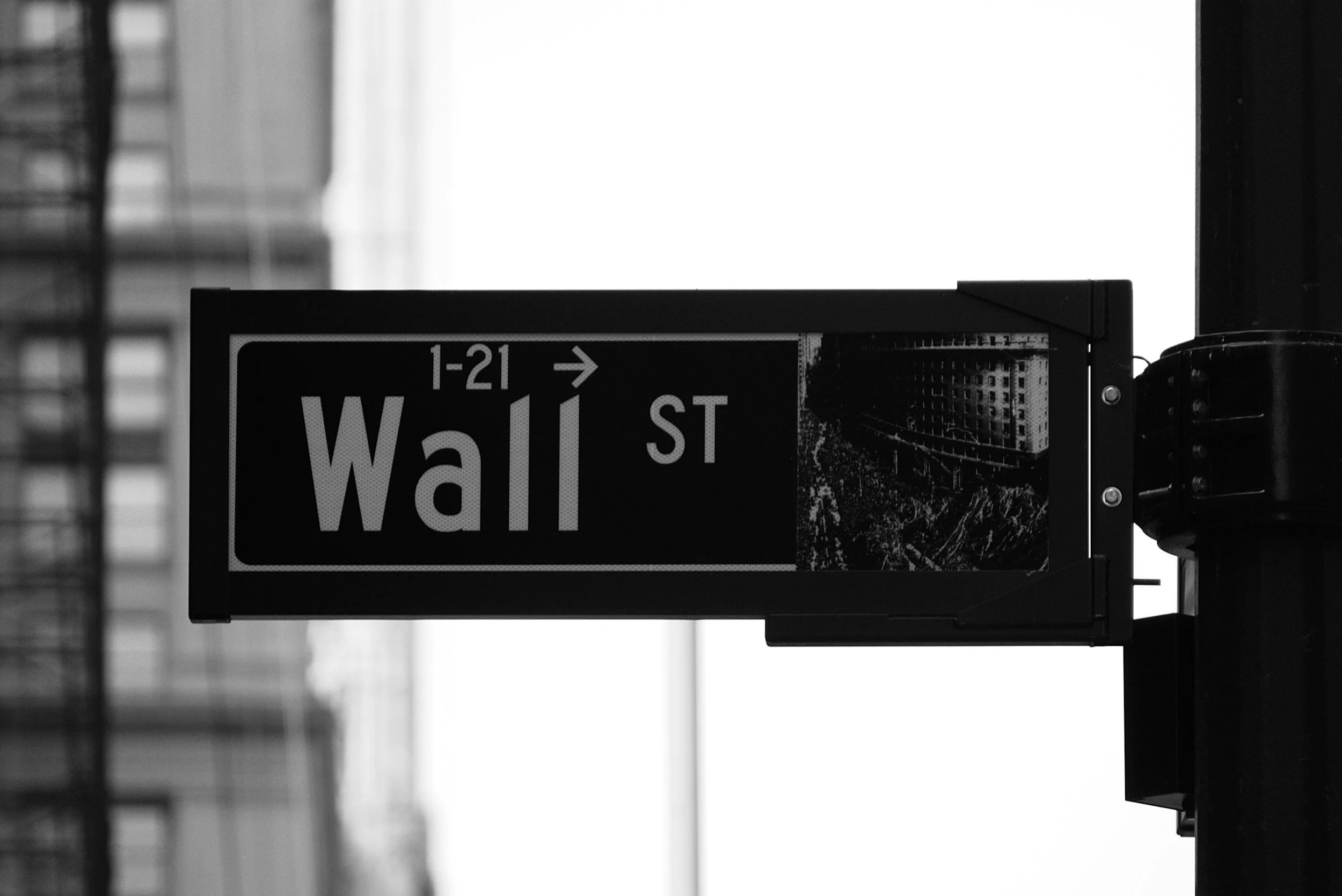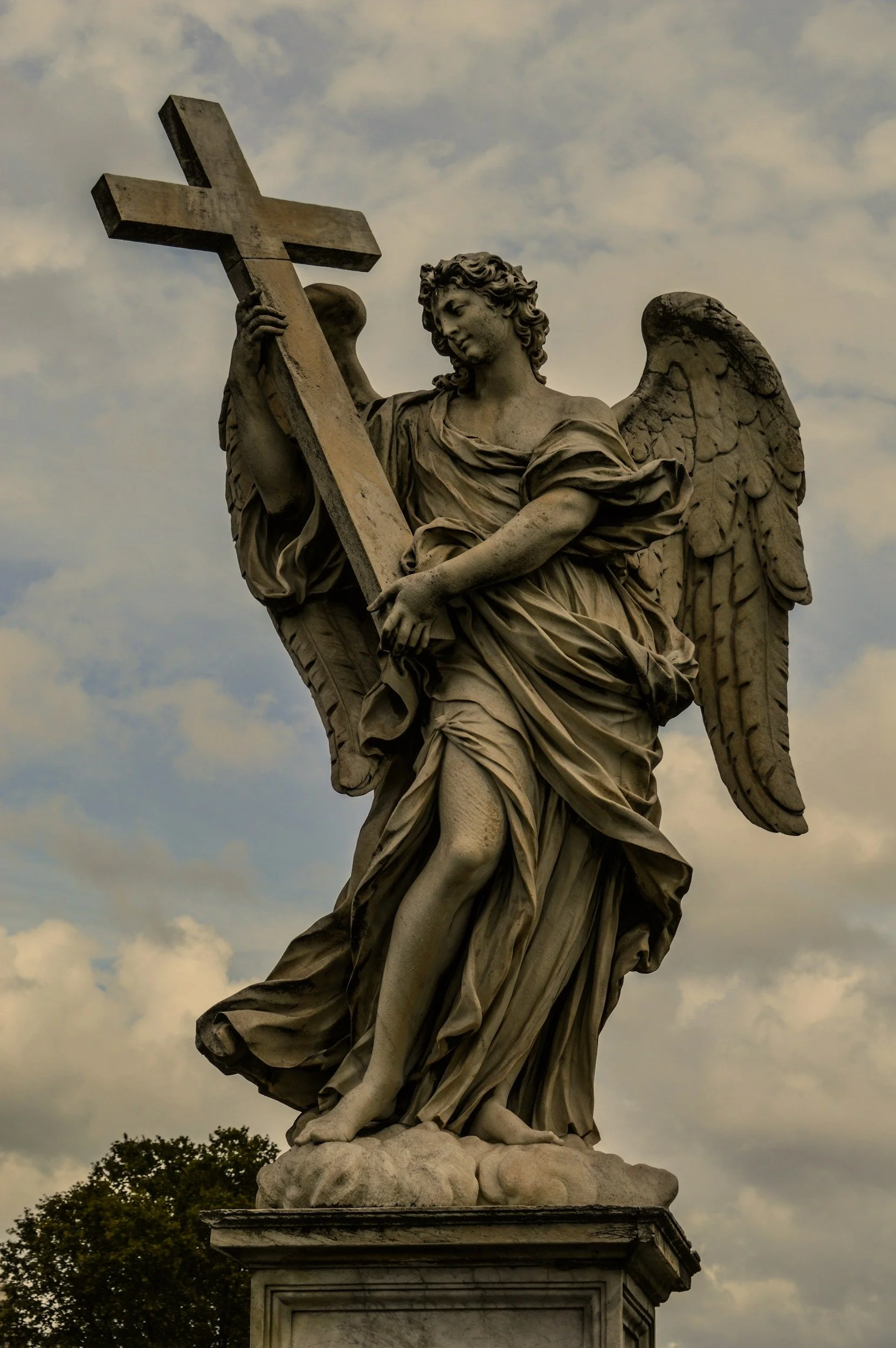Vol 118: With wit and purpose
I travelled to New York a few days ago. It was my first time back to the Empire City in over six years but it felt like I never left. From the airport and on my way to the hotel, I was in a cab stuck in traffic with promos of the television morning show ‘Live with Kelly’ playing on loop. Traffic flowed without incident until we were stalled on a narrow street made all the narrower by parked cars lined along both sides.
A driver in front of us abruptly stopped his car in the middle of the road, got out, ran up a few steps and delivered a package to a friend. As they began to chat, all the inconvenienced drivers in unison began blowing for him to move out of the way. He yelled back “gimme a minute, will ya”. Then someone quickly screamed something about being a mother or not having a mother. I’m not sure. The horns were deafening.
It wasn’t long before someone else shouted profanity directed at the guy’s choice of attire and that was enough to make him jump in his car and speed off while making overly exaggerated gestures with his hands. Not long after that and before I arrived at my destination, I watched a homeless man with a cardboard sign openly beg on the street for money to purchase drugs. While I applauded his naked honesty, it was a Tuesday and barely 3pm.
I’d been in New York for less than an hour and the memories began flooding back. The air was a mixture of pizza, hot dogs and roasted nuts. There were more buildings than trees and more people than cars. No one seemed to care about the barely visible stars in this sky because the lights of Times Square are all you ever remember.
So much had changed in the world in the last six years, but in New York, for all its flaws and the many reasons for its fame, the clock felt like it had stood still and New York was exactly as I remembered. There were a lot less rats and the faces were different but the melody and pulse hadn’t changed in the slightest.
The rhythm was still fast but wholly predictable. In the Big Apple, the pendulum swings towards survivors because underachievers get swallowed and tossed aside without regret. It felt good to be back but the reason for the visit was unfortunately quite solemn.
I returned for the memorial service of a dear friend and patient. A Wall Street tycoon who not only survived but conquered New York with ease. He was a private person so to protect him and his family I’ll refer to him by the alias Edward.
A global philanthropist, beloved husband and father, devoted conservationist and venerable Titan of industry who once commanded thousands of employees and billions in assets, Edward was one of my mentors. He lived his life with wit and purpose and to his eternal credit he taught me, and many others the world over, to do the same.
The first time we met, over ten years ago, my mind was instantly awakened by a steady drip of his intellectual revelations. He was visiting his home in Lyford Cay for the wedding of his eldest son that same weekend. His feet were painful and Edward planned to dance the night away so he needed me to alleviate his pain as quickly as possible. As I was treating him, he told me how proud he was of his sons. He and his wife have been married for 54 years and all he wanted was to see his boys find wives who made them happy. It didn’t matter to him what his sons did, he said they just had to do it well.
Edward didn’t believe in procrastination, instinctively favoring action over deliberation. Learn to make a decision right away is what he said to me repeatedly. The advice was counter intuitive to my very being because I’m naturally cautious and analyze everything three or four times. He told me that early in your career that’s a useful trait but after a while it becomes an impediment. It was the first time I heard someone say that. He believed that your first instinct is usually right so don’t waste time. Decide to do something and then figure out how to do it on the job and as you move along. Even if you’re wrong, you can pivot and course correct and still end up farther ahead than if you’d just waited out of fear. It was this jump-off-the-cliff cowboy mentality that fascinated me.
Edward’s parents were German-American. He was born in New York amidst very modest and humble beginnings. Having achieved such enormous success throughout his life, when born with so little, is why he and his wife spent the majority of their lives sponsoring underprivileged students from all walks of life. He said that he wanted kids to have the opportunity to rise to their fullest potential, unobstructed by the shackles of their born circumstance. Notably, they sponsored one of my summer interns many years ago whose lifelong dream is to be a neurosurgeon. He is now a third-year medical student in California well on his way to achieving that goal.
The irony of that is that several years later Edward was diagnosed with the very same brain cancer being researched by the student he’d so generously sponsored. His diagnosis was terminal and he spent the last few years of his life under the care of a world-renowned neurosurgeon and oncologist. During those remaining years, Edward was in and out of the hospital fighting infections, seizures and paralysis.
The cancer took a toll on him and everyone who loved him but none more than the woman who’d stood by his side for five decades. To see the life of a man who always needed to move quickly and take command slowed to a halt was heart-wrenching. But following his diagnosis, every minute of every day he was surrounded by people who loved him.
Glioblastomas are the deadliest and most aggressive forms of primary brain tumors in adults. Because they infiltrate and spread rapidly throughout the brain and often reoccur after treatment, management options are mostly palliative in nature. The median survival rate is between one and one-and-a-half years but a lasting testament to his strong fighting spirit, Edward shattered those odds, surviving three years post diagnosis.
Dr. Magnus Ekedede is The Bahamas’ chief neurosurgeon. He was not involved in Edward’s care but for expert advice from someone I trust implicitly, I asked him early on what should be done when diagnosed with this type of cancer. He stated without hesitation that helping to make the patient comfortable is important but being with loved ones and simply enjoying the time they have left is the best option available at this time.
Early screenings for brain cancer are atypical because symptoms are often non-specific but he advocates routine medical visits either annually or bi-annually especially when experiencing any recent onset headaches or neurological abnormalities like changes in vision, hearing, balance, coordination, strength, or reflexes.
Edward was unapologetically authentic. He had a deep passion for animal and human rights and an uncommon decency - often remiss in humans – allowing him to love and find genuine interest in his fellow man. He exemplified the ideology of the human and the heroic and it is through his warm and tacit mentorship and beneath the yolk and shadow of his incredible legacy that we his mentees have flourished so absolutely.
My grandmother was a New Yorker, I travelled there many times during my childhood and lived in New York for several years during my residency. Travelling there this past week was a walk down memory lane, one that I would have enjoyed sharing with Edward.
I will miss my friend and mentor and, in his honor, today I salute everyone who’s been diagnosed with a brain tumor and cancer. May their remaining years be filled with wit and purpose and may the cherished memories of a life well lived blanket all the people who love them.
This is The KDK Report.





